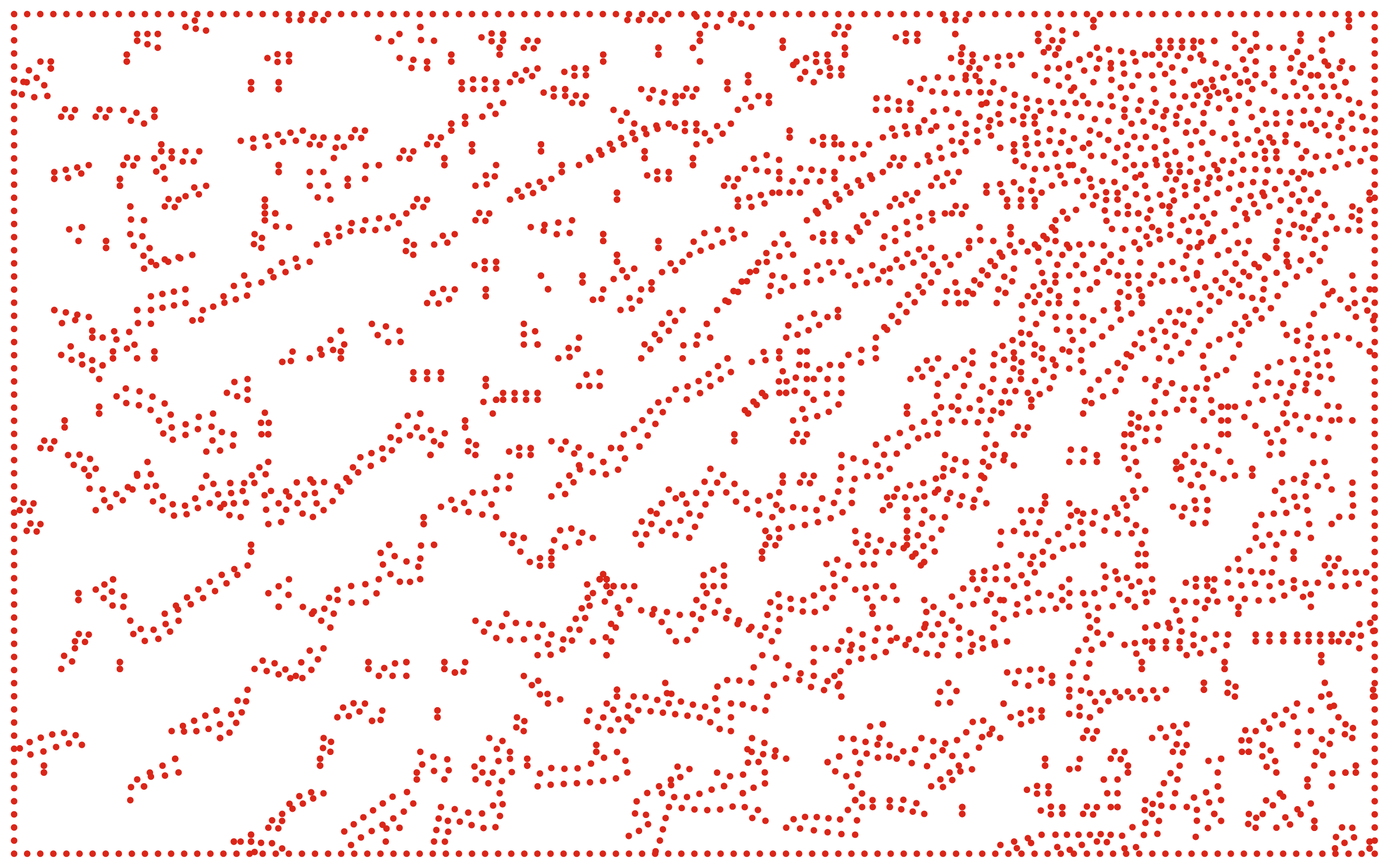
Morbid Symptoms
Climate denial is entering a new phase. What comes next is not yet determined.
Only a few months into Donald Trump’s new administration, the morbid symptoms are beginning to show. The Environmental Protection Agency is cutting more than half its staff and transforming itself into an engine for enabling corporate emissions and pollution, and even those parts of Biden’s IRA that sent significant funding to projects in Republican districts have been eliminated. Trump’s current administration is filled with representatives of the oil and gas industry who are tasked with “regulating” those same sectors. This was also the case in his first term, but this time, the inversion of purpose applies also to the heads of the Department of Human Health and Services, the Federal Bureau of Investigation and the Central Intelligence Agency, to name only a few.
Then came “Liberation Day”. On 2 April, Trump announced a 10 per cent baseline tariff on imports from all countries. Many, of course, were much higher; the total tariff rate on China was set at 54 per cent. Based entirely on calculations of trade surplus and deficit, and resulting in tariffs on remote Antarctic islands with more penguins than people, the tariffs reflect an increasingly autonomous executive branch, untethered from any pretension to a more technocratic rationality. The fallout has been erratic, featuring reversals, exemptions and escalations, most notably in an increase in China’s across-the-board rate to 145 per cent and, at the time of writing, temporary carve outs for parts of the tech sector. Despite some partial recovery, financial markets remain shaky and downbeat.
Against this backdrop, the geopolitical cards are being reshuffled. Around the same time that Trump displayed his tariff chart in the Rose Garden, Ursula von der Leyen was in Uzbekistan for the EU Central Asia summit. Xi Jinping, meanwhile, was speaking to an audience of Chinese business leaders about upholding the virtues of globalization against those who “violate economic principles.”
It is no great consolation that, for once, Wall Street also feels the pain. Energy executives of both brown and green industries expressed immediate displeasure with the tariffs. The willingness to test Wall Street’s limits amid a stunning retreat from the classic “economic principles” to which President Xi referred, as well as a withdrawal from the United States’ long-standing role in promoting globalized capitalism, signals (to use the Marxist turn of phrase) a partial yet significant detachment of Trumpism from the interests of the base.
